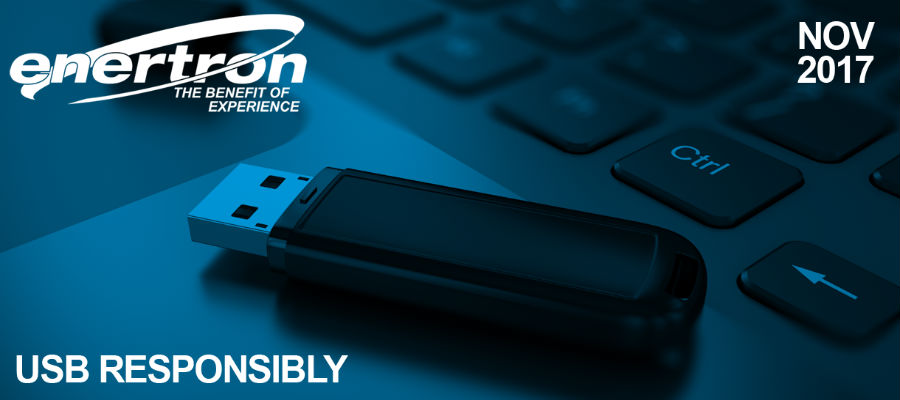
Have you ever found a USB drive laying around? Were you tempted to use it to save data, or maybe plug it into your computer to find out who the owner is so you can give it back? Or have you ever loaned a USB to a friend? It’s time to think twice about doing any of that because research has shown that USB devices have become increasingly common targets for hackers who use them to get access to a computer or network. So, it’s more important than ever to use caution when using USB drives.
PROTECT YOURSELF
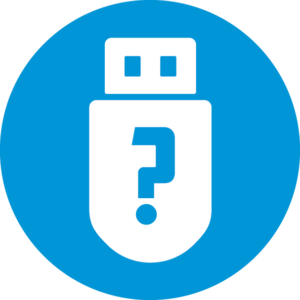
1) IF YOU DON’T KNOW WHAT’S ON THE USB, DO NOT PLUG IT INTO YOUR COMPUTER.
Hopefully, you wouldn’t ever open an email that looked suspicious. Think of USB devices the same way. If you don’t know what’s on the device, don’t open it up on your computer. Even if you are trying to return the device to the owner, the risk is almost certainly not worth the reward. A new study has shown that 48% of people would pick up a USB device and plug it into their computer even if it was found in a parking lot. If you find USB drive, just return it to the nearest lost and found.
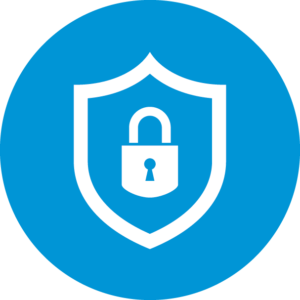
2) USE THE SECURITY FEATURES.
USB drives provide security capabilities to protect your device. Always make sure to use a password to protect your USB, and encrypt your data as well. If you don’t know how to encrypt your flash drive, you can buy one that automatically encrypts your data in the hardware.
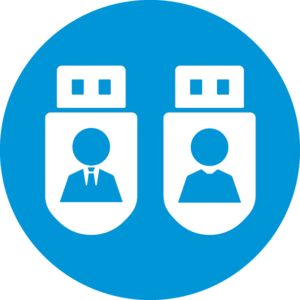
3) KEEP YOUR WORK AND PERSONAL USB DRIVES SEPARATE.
In order to prevent any cross contamination, it is imperative to use multiple USB devices. If your home computer has a virus on it, you don’t want to transfer that virus to your work computer or vice versa. By using multiple flash drives, you can contain any such threat.
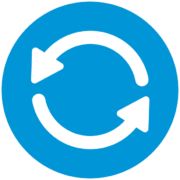
4) KEEP YOUR COMPUTER SOFTWARE UP TO DATE.
It is critical to update your software in order to patch any known vulnerabilities. We all hate having to restart our computer and waiting for it to update. However, keeping your software up to date is still the best way to fix security holes and weaknesses in your software programs and operating systems.

5) PURCHASE YOUR USB FROM A REPUTABLE SOURCE.
You need to know where you’re purchasing your device and know that it’s a trusted source. If the USB drive seems extremely cheap compared to other places, do some research on why it’s cheaper. Shady, third-party manufacturers have been known to make USB drives with malware already on them.

